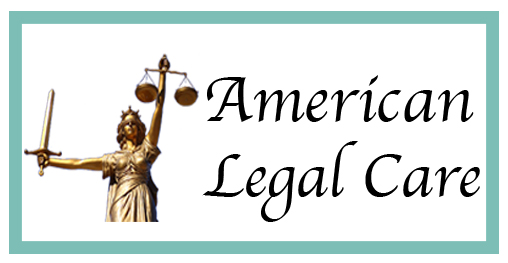The Landscape Of Bankruptcy Options
Facing financial distress can be overwhelming, and navigating the world of bankruptcy might seem daunting. Understanding the different chapters of bankruptcy is crucial in making an informed decision about your financial future. Each chapter of the Bankruptcy Code offers distinct solutions tailored to various financial situations. Legal professionals, including those at Therman Law Offices, LTD, specialize in guiding individuals through these complex choices.
Chapter 7: Liquidation Bankruptcy
Often referred to as liquidation bankruptcy, Chapter 7 is designed for debtors with limited income who are unable to pay back their debts. In this process, a trustee is appointed to liquidate non-exempt assets to repay creditors. While this may sound intimidating, many debtors find that most of their assets are protected under exemption laws. Chapter 7 can provide a relatively quick path to clearing unsecured debts like credit card balances and medical bills.
Chapter 13: Reorganization Bankruptcy
Chapter 13 bankruptcy, on the other hand, is more about reorganizing debts rather than liquidating assets. It’s ideal for individuals with a regular income who can afford to pay back a portion of their debts through a repayment plan. This plan typically lasts three to five years and allows debtors to keep their assets, such as a home or car. Chapter 13 is often chosen by those looking to avoid foreclosure or repossession.
Chapter 11: Business Reorganization
While Chapter 11 is commonly associated with large corporations, it’s also available to small businesses and, in some cases, individuals. This chapter involves reorganizing debts and assets to allow a business to continue operating while paying off its debts. Chapter 11 is complex and can be more costly, but it offers a lifeline for businesses struggling with substantial debts.
The Importance Of Legal Guidance
Navigating the nuances of each bankruptcy chapter can be challenging. Consulting with a knowledgeable bankruptcy lawyer is essential. They can help determine which chapter is most suitable based on your specific financial circumstances. A lawyer will not only guide you through the legal process but also provide advice on how to best protect your assets and rebuild your financial life post-bankruptcy.
Making An Informed Decision
Bankruptcy is not a one-size-fits-all solution. Each chapter has its eligibility requirements, processes, and outcomes. Understanding the differences can help you make an informed decision about which path is right for you. Whether it’s clearing unsecured debts through Chapter 7, reorganizing finances in Chapter 13, or navigating the complexities of Chapter 11, the right knowledge and legal support can pave the way for a fresh financial start.
The journey through bankruptcy can lead to a new beginning and financial stability. By understanding the different chapters and seeking the right legal advice, you can choose the path that best suits your financial situation. With the expertise of firms that specialize in bankruptcy, you can navigate this challenging process with confidence and emerge with a plan for a more secure financial future.
